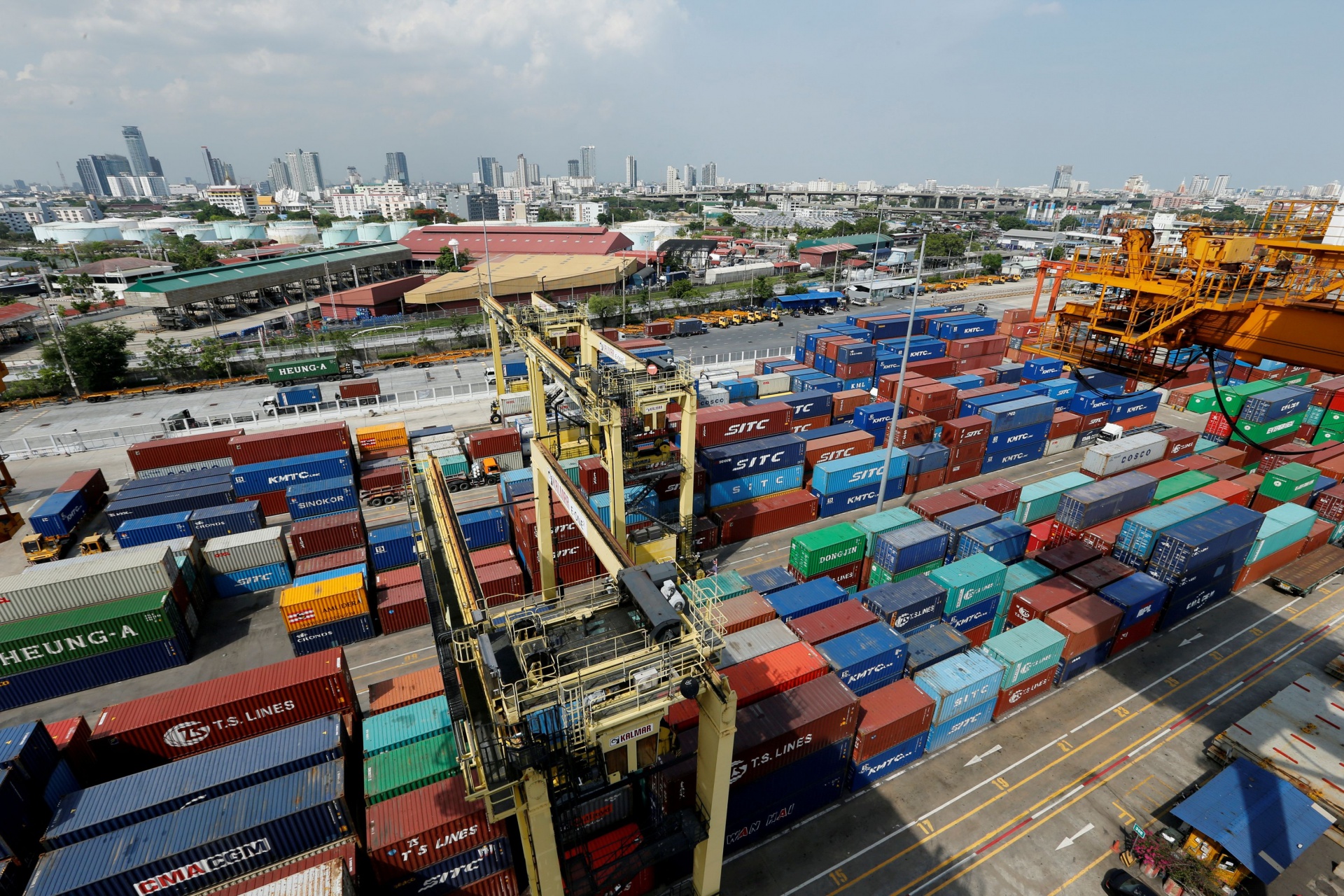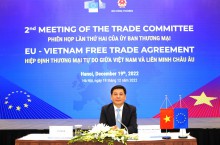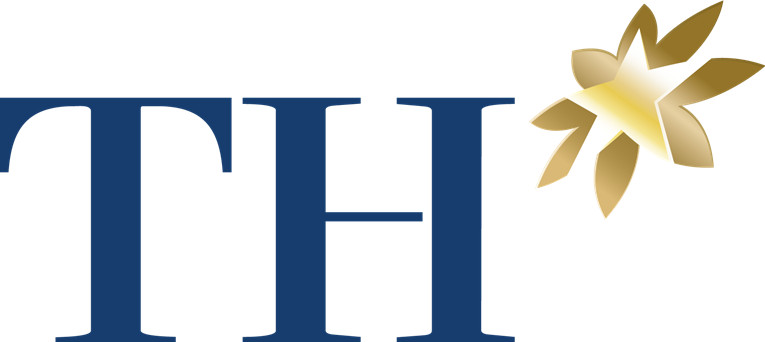The News
Thailand's non-tariff measures and other trade regulations
According to preliminary statistics, Thailand is the country with the highest non-tariff measures in the region with 1,630 measures. Among the non-tariff measures adopted by Thailand, sanitation, phytosanitary (SPS) and technical barriers (TBT) regulations accounted for the largest number with 1,350 measures. This is followed by pre-shipment inspection regulations, trade protections incurred, non-automatic licensing, quotas, prohibitions, non-SPS or TBT quantity management measures and price controls including taxes and other fees. This group of measures accounts for 149 measures.
According to preliminary statistics, Thailand is the country with the highest non-tariff measures in the region with 1,630 measures. Among the non-tariff measures adopted by Thailand, sanitation, phytosanitary (SPS) and technical barriers (TBT) regulations accounted for the largest number with 1,350 measures. This is followed by pre-shipment inspection regulations, trade protections incurred, non-automatic licensing, quotas, prohibitions, non-SPS or TBT quantity management measures and price controls including taxes and other fees. This group of measures accounts for 149 measures.
- Trade barriers
High tariffs in many sectors remain an obstacle to market access. In certain sectors, non-tariff barriers such as licensing requirements and excessive import requirements can hinder trade between the 2 countries. The control of prices and excise taxes is based on an extremely complex tax structure, which negatively impacts some sectors. Thailand is not a signatory to WTO agreements on government procurement.
In addition to the high tariffs, Thailand's other policies continue to impose barriers to imports. For example, regulations related to food quality registration and labeling require a lot of time and cost for food suppliers. Sanitary safety standards (SPS) continue to be a concern for foreign exporters.

Import licenses are applicable to a number of products such as chemicals and pharmaceuticals, semi-finished textile products, used cars, etc., including products temporarily imported for re-export. The import of certain minerals, weapons and ammunition, and works of art is subject to special permits from the relevant ministries.
Although Thailand has opened its doors to imports of animal feed ingredients, including corn, soybeans and dried soybeans, there are still strict controls on imports of feed products containing dairy ingredients.
2. Price control
The Thai government retains control over prices, or sets price ceilings for certain goods and services, including agricultural staples (such as sugar, pork, cooking oil, sugary condensed milk, and flour), liquefied petroleum gas, medicines, recordings, and school uniforms.
In fact, the Thai government also uses price control tools by providing monopolies for oil and gas, aviation, and telecommunications products and services.
3. Import requirements and documents
Licenses are required for the import of raw materials, petroleum, industrial products, textiles, pharmaceuticals and agricultural products. The import of some products without a license is subject to the regulations of the relevant authorities, in some cases requiring a certificate of origin and additional fees.
In addition, some groups of goods subject to import control under other laws include:
- Imports of processed foods, medical devices, pharmaceuticals, vitamins, and cosmetics require licensing by the Food and Drug Administration, Ministry of Health.
- Imports of tungsten oxide, tin ore, tin metal with a mass of more than 2kg must be licensed by the Department of Mineral Resources, Ministry of Industry.
- Import of weapons, ammunition, explosive devices must have a license from the Ministry of Internal Affairs.
- Import of antiques, works of art, whether or not registered, must seek permission from the Department of Arts, Ministry of Education.
4. Labeling and marketing requirements
Labeling is a must for all processed foods, health care and cosmetic products, whether imported or domestically produced. Labels must be reviewed by the Food and Drug Administration of Thailand and must be affixed to imported foods.
Labels must contain information about the product name, description, net weight or capacity, and date of manufacture and expiration. Labels must also contain full information about the name and address of the manufacturer or distributor, product number and label registration number. All labels must be printed in Thai except alcohol, beverages and medical and dental products.
Imported agricultural products must have labels in Thai before being put on the market. Thailand's Food and Drug Administration can confiscate products if companies fail to comply with labeling when doing business in the market.
The label used for alcoholic beverages must show the percentage of alcohol. There must also be a health warning on the label, printed in Thai, on a stamp or on a label, with specific government-approved wording. There are also regulatory requirements related to cosmetic labeling. Local dealers or importers can help register a product and ensure the labeling is met with Thai state requirements.
Agricultural products that need to be approved for labels from the Food and Drug Administration of Thailand (TFDA) must present a food analysis certificate issued by the government of the country of origin or any accredited private laboratory. This certificate must be issued no more than one year before the date of submission of the label approval application. The results of this analysis must comply with the quality or standards specified in the ministerial notification of the Ministry of Health of Thailand.



